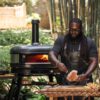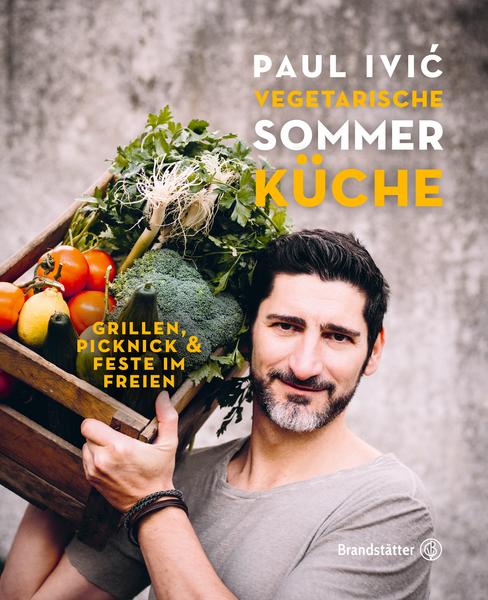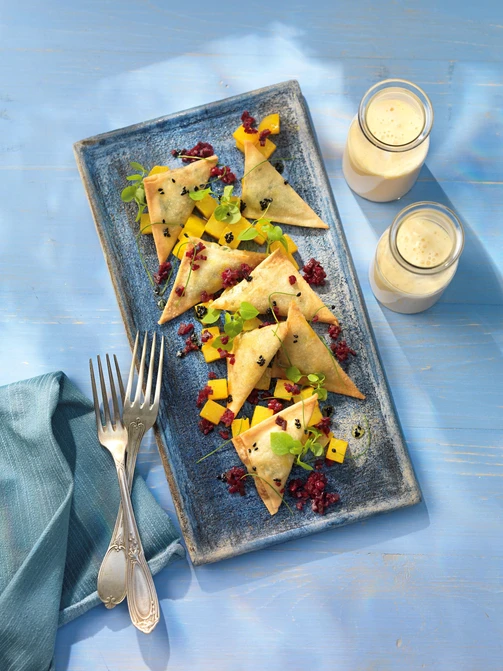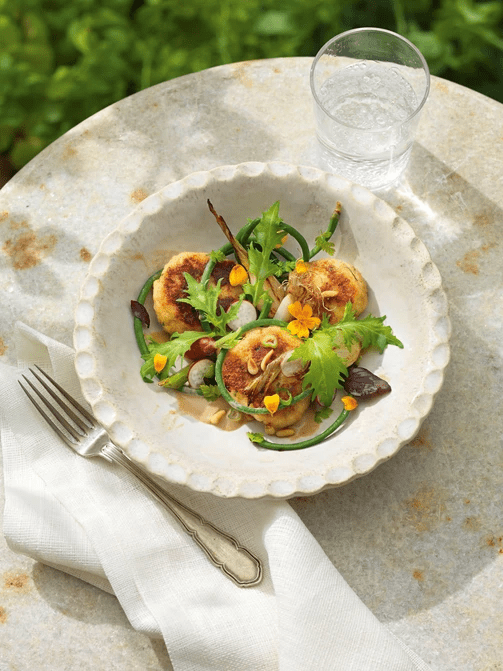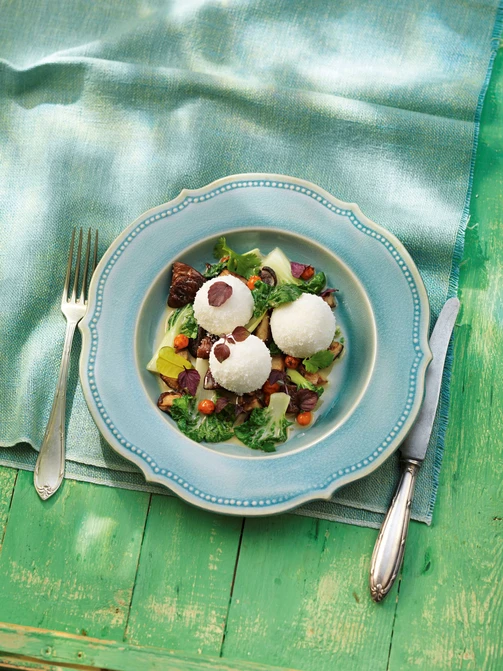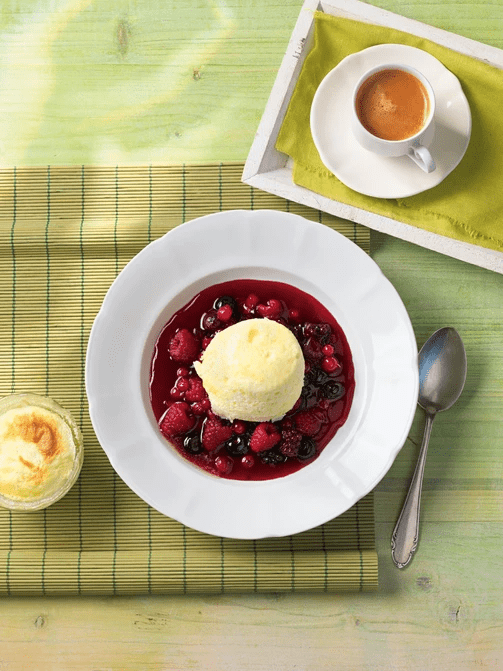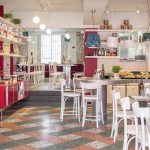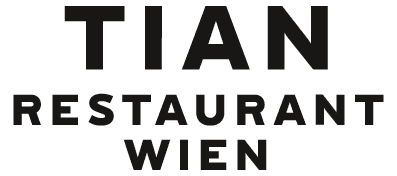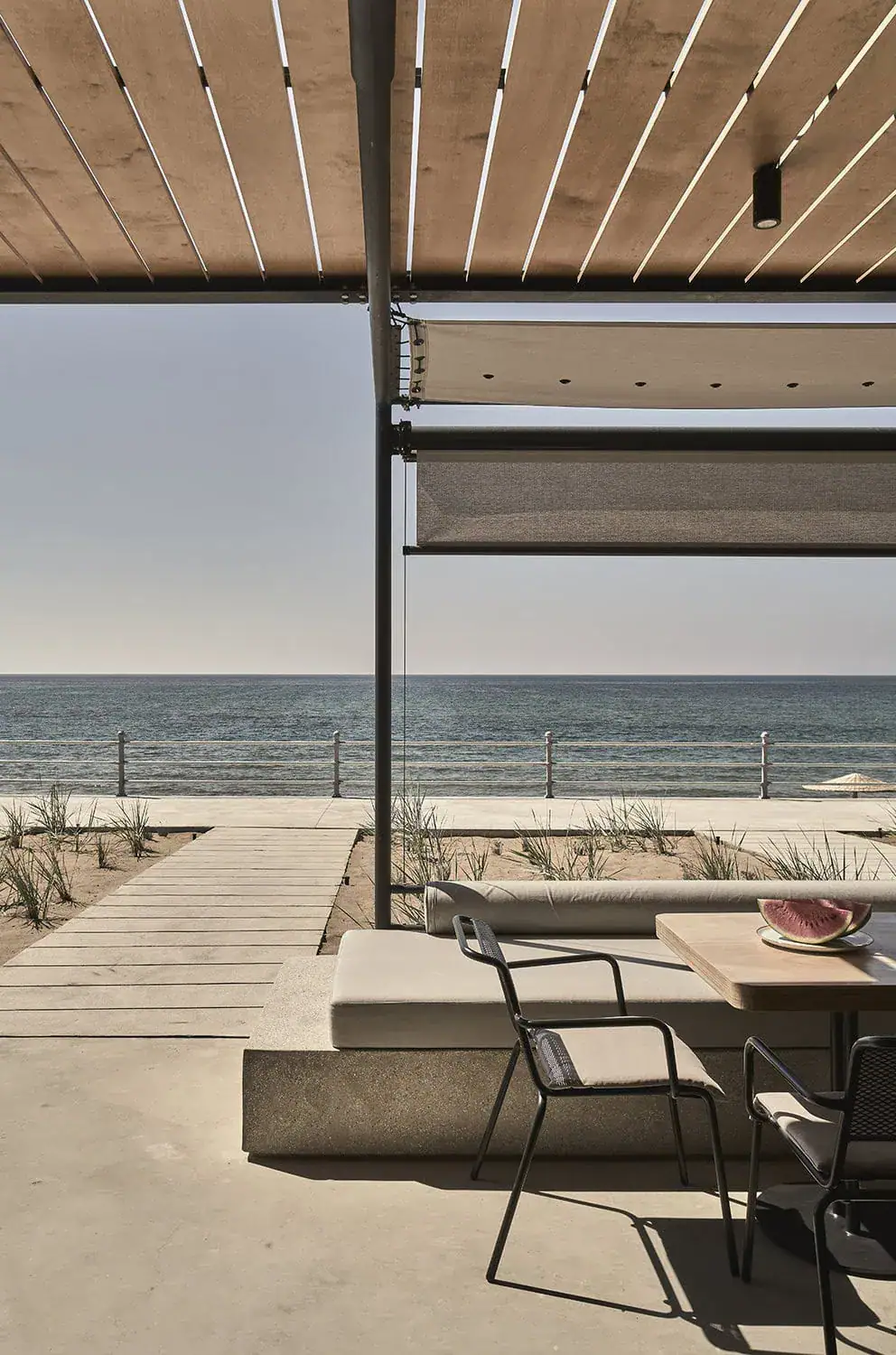This is what summer tastes like: Vegetarische Sommerküche – over 100 vegetarian recipes! The most beautiful ideas for small and large parties, picnics & barbecues with many vegan as well as gluten- and lactose-free recipes.
A bright summer day, a cosy place outdoors, cool drinks – and the taste of summer: Paul Ivić conjures up a hearty vegetarian cuisine from the variety of ingredients that summer gives us. Because vegetarian summer cuisine offers much more than mozzarella-tomato skewers or sheep’s cheese with grilled vegetables.
PLAY NOW!
online contestThe perfect picnic afternoon
Passionate chef Paul Ivić serves up ideas for the perfect picnic afternoon, for small and large parties, from tapas to salads and soups to summer feasts. Refreshing desserts, savoury cakes and cool smoothies invite you to cool down, picnic and celebrate.
And what could be better than barbecuing on a cosy summer evening in the company of loved ones? When the air smells of herbs and crispy braised vegetables. A culinary journey through summer – die Vegetarische Sommerküche (vegetarian summer cuisine): with many vegan as well as lactose-free and gluten-free recipes that are easy to cook and guaranteed to succeed! By the way, they all taste good even in bad weather. Promised.
6 FAQs | Paul Ivić
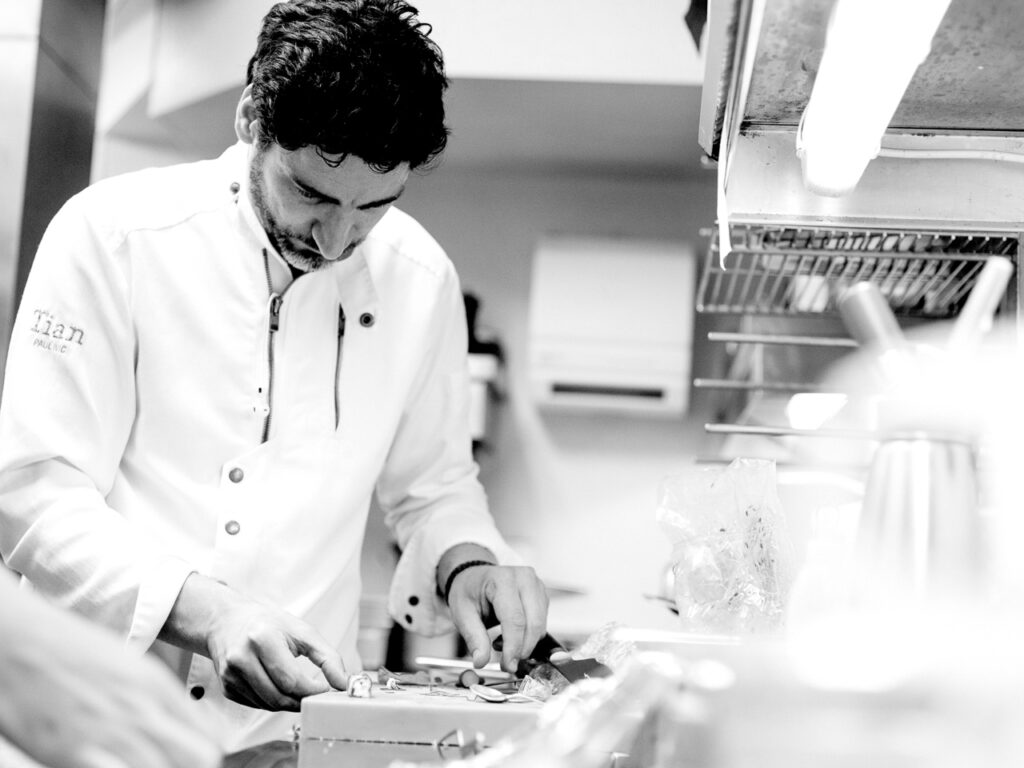
Paul Ivić – a revolutionary of vegetable cuisine on the conscious use of food from root to leaf. Awarded a Michelin star and four Gault Millau toques, Paul Ivić’s vegetarian and vegan cuisine is unique.
Paul Ivić has been at TIAN in Vienna since it opened in December 2011, and the clear credo has always been: TIAN is more than a restaurant that reduces itself to vegetarian cuisine. Eating is more than just taking in food. Eating means taking responsibility for all the raw materials and all the hard-working people behind them. Food means bringing people together, because it doesn’t need a common language – all it needs is a good soul. Because behind every meal we eat are people who have worked hard to ensure that and how the ingredients end up on our plates. People who have worked hard to find the best composition of the soil in which to plant the seeds. People who experiment with the ideal time for harvesting. People who make sure that their products are brought from the farm to the restaurant as fresh as possible. And at TIAN, their hard work is appreciated, with the team always striving to process the entire plant – from root to leaf – throwing nothing away.
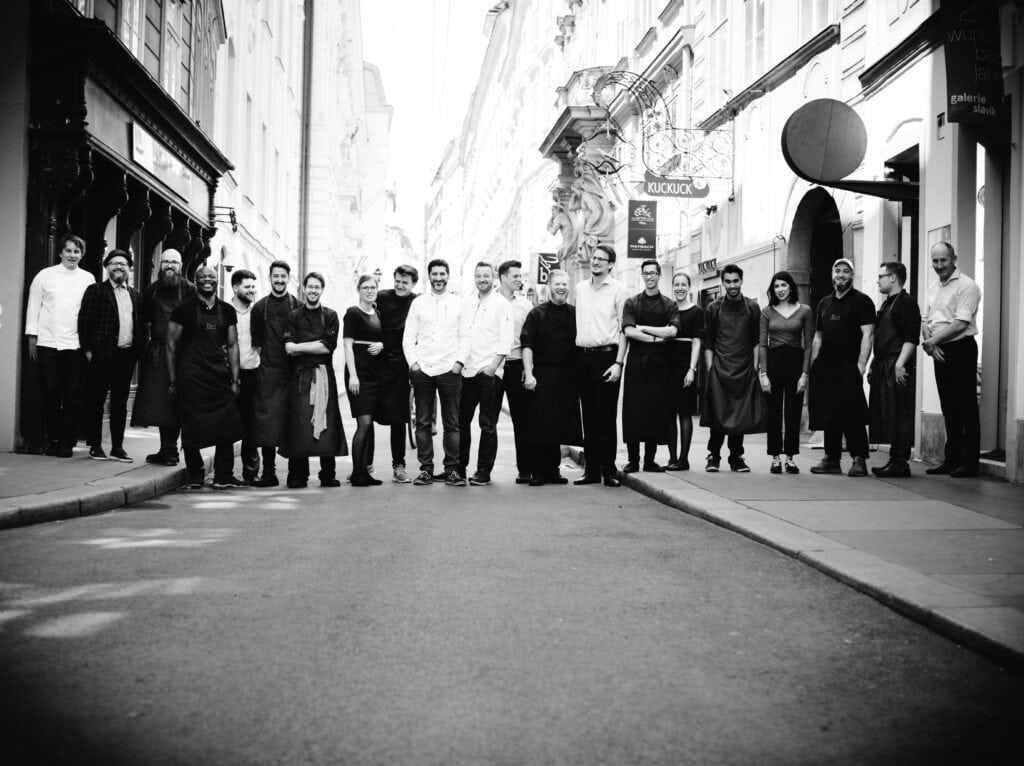
Q — … about his own nutrition
This may come as a surprise to most people, but I am not a vegetarian myself. I eat 80 % vegetarian and 20 % meat and fish. At home I like to cook fish and meat. And why not? If the quality is right and I know where the food comes from, then there is nothing against it. For me, nothing beats a balanced nutrition.
Q — … about his culinary journey and his key moment
The journey began in my hometown of Serfaus in the Tyrolean Alps when I was 14 and didn’t want to go on to school. My sister suggested to become a chef. She listed all the positive aspects of this profession: You can travel the world and be creative. I immediately thought of the keywords “free” and “independent”. I liked that immediately and that’s exactly what I wanted to do then!
Q — … about the decision to dedicate the restaurant to vegetarian haute cuisine
A few years ago, I was looking for a new challenge and that’s when the TIAN job offer came along. So one thing led to another and I decided to focus on vegetarian ingredients from then on. What I love so much about vegetarian cuisine is working with products from nature that feel alive, and I appreciate the rhythm that nature sets for us with special seasonal vegetables. It’s important to me that I don’t mimic the taste of meat with my cooking, but bring out the taste of nature. Most vegetarian restaurants have tofu or seitan as a meat substitute in their menu. That’s different with us. Besides, that was never our plan. Nature offers us so many remarkable flavours, so why should we try to imitate something when we can work with the most original of ingredients?
Q — … about the opening of TIAN – a vegetarian restaurant
I was part of the team from the very beginning. We opened in December 2011. At first, there was just the idea of a vegetarian restaurant. The idea was already there when I joined as head chef. But it was precisely this restriction to vegetarian ingredients that piqued my interest. We started with a rather “normal” menu and worked hard to become the restaurant we are today. This experience keeps my team together. We all know how much we have achieved.
Q — … about his philosophy and the decision to cook exclusively with vegetarian ingredients
For me, what we do is much more than reducing ourselves to vegetarian cuisine. Eating is more than just taking in food. Eating means taking responsibility for all the raw materials and all the hard-working people behind them. Food means bringing people together, because it doesn’t need a common language – all it needs is a good soul. What I mean by this is that behind every meal we eat are people who have worked hard to ensure that the ingredients end up on our plates, and how. For example, they have worked hard to find the best composition for the soil in which the seeds are planted. They have experimented with the ideal time to harvest, they have pulled out all the stops to get their produce from farm to restaurant as fresh as possible. And my team pays tribute to their hard work by always striving to process the entire plant – from root to leaf – throwing nothing away. At TIAN, we have a special relationship with our suppliers. We know them, we know their goals, such as the preservation of nearly extinct plant species. Together we try to keep the biodiversity of nature alive.
Q — … about vegetarian cuisine as a trend and the nutrition of our future
I don’t see what we are doing as a trend – I see it as a necessity. Theoretically, there is enough food on earth for everyone, but a lot of the harvest goes directly into industrial agriculture. Over the past years, the food industry has taken a direction that is not necessarily the best for us and our health. Just think of the pharmaceuticals used in intensive factory farming. In the long run, this will destroy our planet. Therefore, in the long run, we need to think more about what we eat and what food we buy.
Photos: Ingo Pertramer
In cooperation with:



